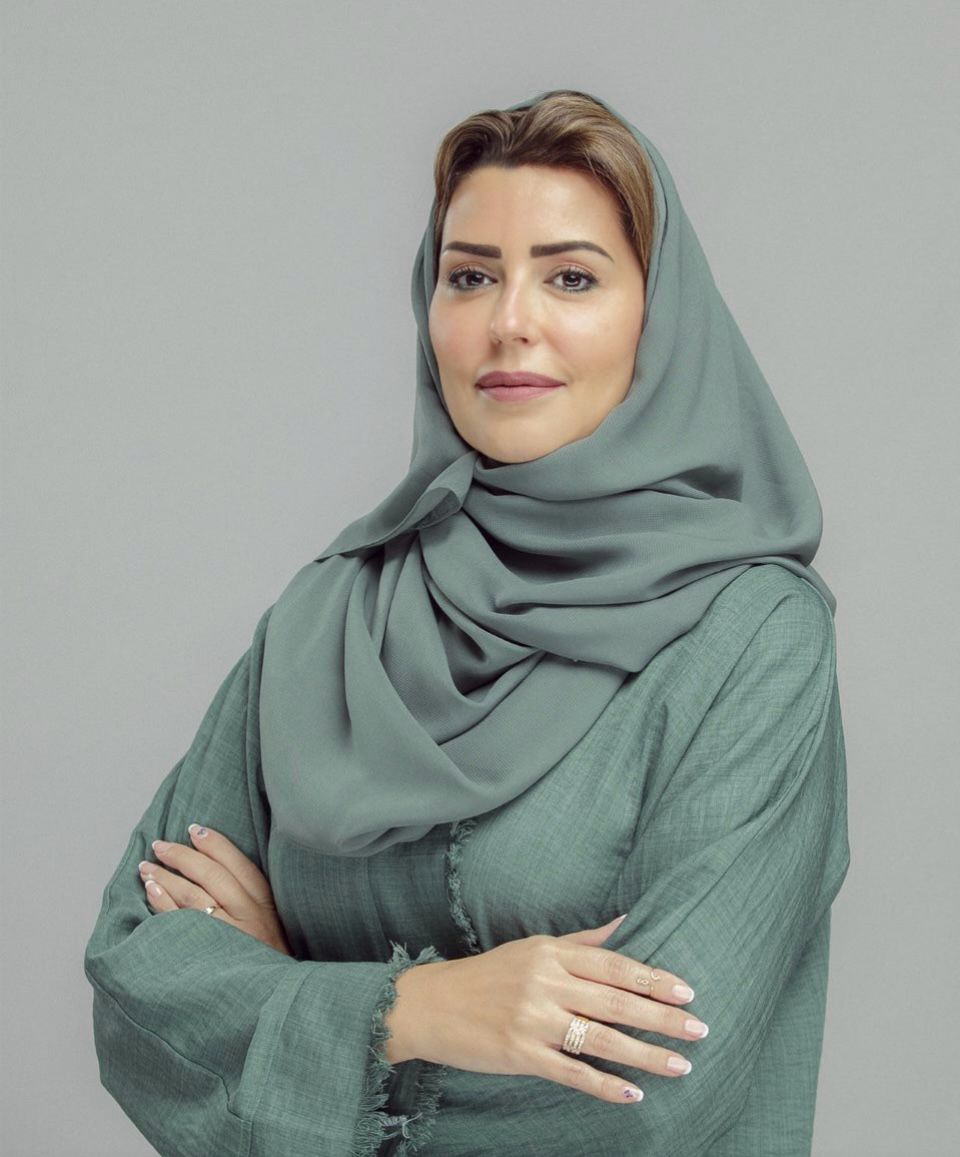
What initially sparked your passion for sustainability and the environment, leading you to pursue a career at the intersection of business and environmental management?
Since childhood, I witnessed my mother’s dedication to environmental issues, shaping my core values. Simultaneously, my late father, who had a contracting company, involved me in meetings, providing a business perspective. This exposed me to environmental concerns, leading to the establishment of ENTEC in 1995, offering economical environmental solutions. Over the years, participating in global events informed me about sustainable practices, inspiring the incorporation of cutting-edge methodologies into our services.
In 2016, the Netherlands government invited me to explore circular economy entities, igniting a new journey in design and supply chain. In 2019, I founded Circular Economy Company, focusing on rethinking strategies, reporting sustainability data, and building capacities for our partners.
As a founder of the “Hand in Hand National Environmental Awareness Initiative,” what inspired you to take a hands-on approach to environmental education, including breaking a world Guinness record?
I prefer to term it community awareness, stemming from my role in the community and as a mother advocating behavior change. The Guinness World Record attempt served as a tool to grab attention, involving 1.2 million beneficiaries and 200 volunteers. It resulted in breaking the world record for the largest environmentally friendly hand-printed canvas (10.235 m2) on Saudi National Day in 2013, a gift to King Abdullah, peace be upon him.
How do you see the role of mentorship in your career, either as a mentee or mentor?
I consider mentorship a daily aspect essential for any true leader.
How do you unwind or find balance outside of your professional commitments? Any hobbies or activities that provide you with a sense of relaxation or inspiration?
Nature is my sanctuary, where I cleanse my eyes, mind, and soul. I enjoy water sports, including scuba diving, and appreciate different genres of music. Traveling to new places and engaging in new adventures inspire me.
As a speaker and moderator at global forums, what has been the most memorable moment or interaction that stands out in your mind?
Being recognized as a Saudi woman in the environmental sustainability domain has always made me proud. I’m a dual ambassador for Saudi women and Saudi environmental sustainability, flaunting my country’s leadership, culture, and potential.
In your journey, you’ve received numerous awards and accolades. Is there a specific recognition that holds a special place in your heart, and why?
The Guinness World Record holds a special place in my heart. Commencing the project after my father’s passing became a source of happiness and an opportunity for philanthropy in his name.
Looking ahead, what aspirations or goals do you have for the future, both professionally and personally?
I aim to support Saudi Arabia’s Vision 2030 and 2060 net zero goals, contributing to sustainable development across sectors. I hope for my grandchildren’s kids to live a healthy, quality life.
How do you believe the luxury industry can effectively integrate sustainability and circular economy principles without compromising the exclusivity and prestige traditionally associated with luxury brands?
Integrating sustainability into the luxury industry redefines exclusivity with eco-consciousness. Adopting sustainable materials, storytelling, transparency, collaborations, and personalized sustainable products enrich the luxury experience.
Given your role as a sustainability advisor, what strategies do you recommend for luxury brands to incorporate environmental considerations into their manufacturing processes and supply chains?
Implementing sustainable supply chain practices, reconceiving governance mechanisms, and managing circular business models are key strategies. Training programs, like those at CEC, guide luxury brands towards more sustainable practices.
In your experience, how can luxury brands leverage their influence to drive positive environmental and social change, both within the industry and on a global scale?
Luxury brands can lead by example, adopting sustainable practices that contribute to environmental preservation and influence global consumer and industry behaviors. Recognizing and sharing best practices through initiatives like “The Sustainable Champions Story” can drive positive change.
As the chairwoman of “CEC Circular Economy Co.,” how has the company contributed to providing economical environmental solutions to the luxury sector, and what unique challenges does this sector pose?
CEC facilitates tailored economical environmental solutions for the luxury sector, emphasizing continuous improvement and innovation. Balancing exclusivity and eco-consciousness is a challenge, but CEC helps navigate this interplay, ensuring harmony between luxury and sustainability.
“Circular Economy Co.” focuses on sustainability and circular economy innovations. Can you elaborate on how these innovations can be tailored to align with the values and expectations of luxury consumers?
CEC prioritizes sustainable technologies that deliver dual benefits for financial and sustainability goals. Investments in AI for developing sustainable materials and AI-driven inventory management systems enhance innovation, meeting the high standards expected by luxury consumers.
Being a part of the Saudi Leaders Majlis, How do you see the role of luxury brands in contributing to the overall economic and sustainable development goals of Saudi Arabia?
Luxury brands can diversify the Saudi economy, creating jobs, stimulating growth, and contributing to GDP. Initiatives like Red Sea Global Tourism and developments in AlUla showcase the potential for economic diversification and sustainability goals through luxury investments.
Your involvement in the B20 Saudi Arabia “Energy, Sustainability & Climate Taskforce” suggests a broader perspective on sustainability. How can luxury brands actively engage in global sustainability initiatives and contribute meaningfully?
Luxury brands have the means to make a difference globally. Initiatives like “The Sustainable Champions Story” demonstrate how luxury brands can actively engage in sustainability, influencing both consumers and the industry positively. Luxury and sustainability can coexist, creating new business models and enhancing competitiveness.
